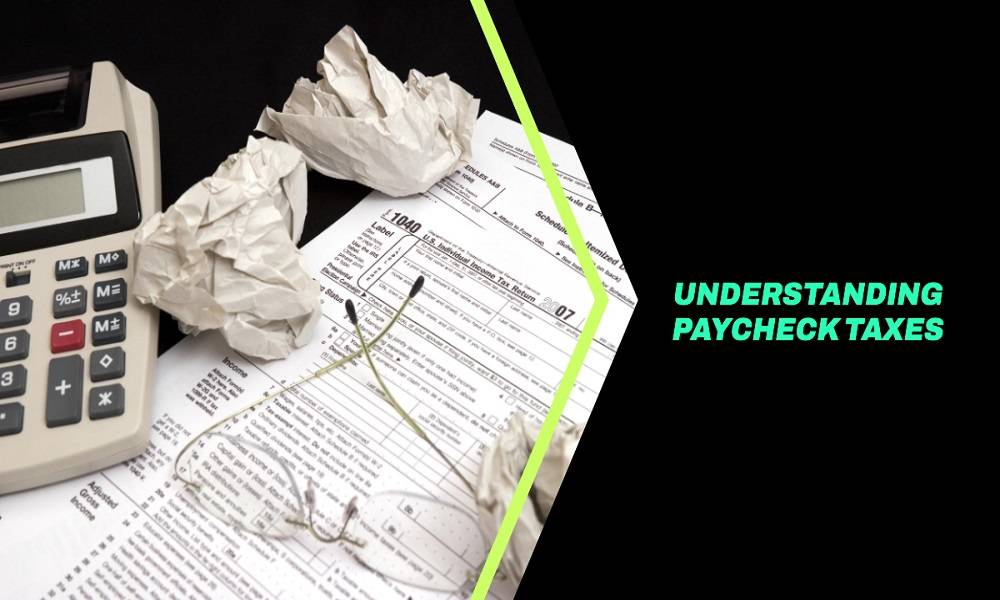When Is the Last Day You Can Send in Federal Income Tax Forms?

For most people, filing federal income tax forms is an annual responsibility. Knowing the deadline for submitting these forms is crucial to avoid penalties and late fees. This article will provide information on the standard deadline, exceptions, and what to do if you need more time to file your federal income tax forms.
Standard Deadline:
Traditionally, April 15th is the deadline for filing federal income tax forms in the United States. If you file your taxes by this date, you’re in compliance with the Internal Revenue Service (IRS) guidelines for timely submission. However, if April 15th falls on a weekend or a legal holiday, the deadline is extended to the next business day.
Exceptions and Extensions:
1. Residents of Maine and Massachusetts:
Residents of Maine and Massachusetts usually have until April 17th to file their federal income tax forms due to Patriots’ Day, a holiday observed in these states.
2. Victims of Natural Disasters:
The IRS often extends the tax filing deadline for individuals affected by natural disasters. In such cases, the IRS will make formal announcements detailing the new deadlines for the affected areas.
3. U.S. Citizens Living Abroad:
U.S. citizens and resident aliens who live and work outside the United States and Puerto Rico have until June 15th to file their tax returns. However, interest will still accrue on any tax not paid by April 15th.
4. Requesting an Extension:
If you need more time to prepare your federal tax return, you can request an extension by filing Form 4868. This gives you until October 15th to file your tax return. It’s important to note that an extension to file is not an extension to pay. If you owe taxes, you are expected to estimate the amount due and pay it by April 15th to avoid penalties and interest.
Consequences of Missing the Deadline:
Filing your federal income tax forms after the deadline without an extension can result in penalties and interest charges. The failure-to-file penalty is usually 5% of the unpaid taxes for each month or part of a month that a tax return is late. The penalty starts accruing the day after the tax filing due date and will not exceed 25% of your unpaid taxes.
What to Do If You Miss the Deadline:
If you missed the deadline, it’s important to file your tax return and pay as much as you can as soon as possible to reduce additional interest and penalties. If you can’t pay all the taxes you owe, the IRS offers installment agreements that allow you to pay your tax debt over time.
Conclusion:
Being aware of the deadline for submitting your federal income tax forms is essential for avoiding unnecessary penalties. Typically, April 15th is the date to keep in mind, but there are exceptions and extensions available for specific circumstances. If you find that you need more time, don’t hesitate to file for an extension, but remember to pay any estimated taxes owed to minimize additional charges. If you’ve missed the deadline, act quickly to get your taxes filed and explore options for payment plans if needed.










